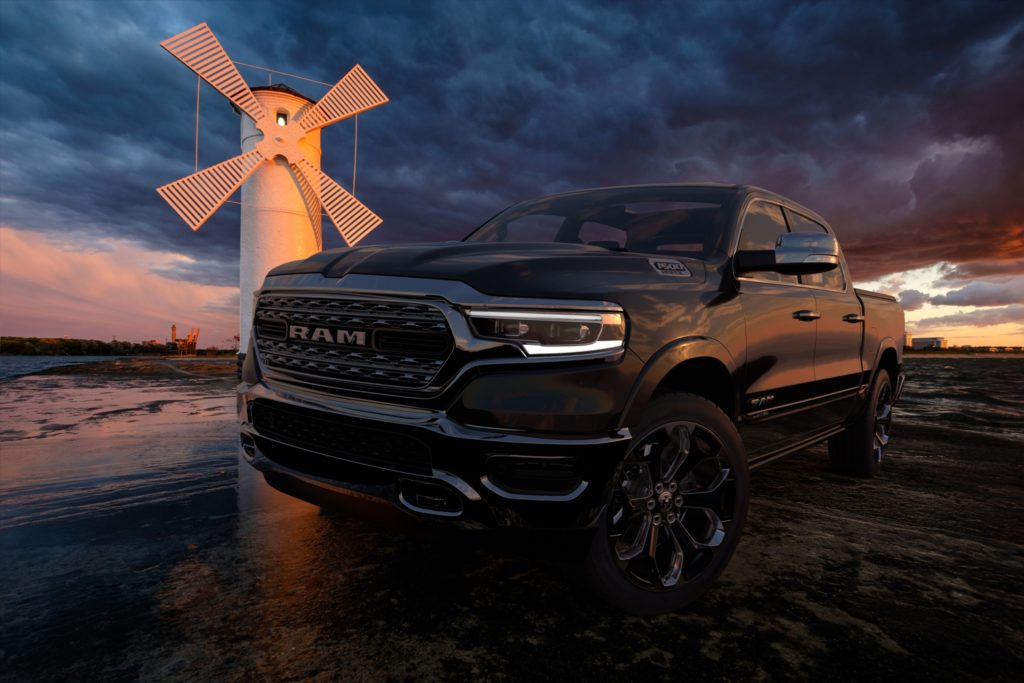Back in October 2019, Fiat Chrysler Automobiles issued a recall for Ram 1500 and Ram 1500 Classic units from the 2014 to 2019 model years due to a problem with the EGR cooler. The device is used to cool down diesel engine exhaust gas in the trucks before it gets sent back into the engine. This process is especially helpful for Ram trucks, which are known to be prone to thermal fatigue.
When left unaddressed, the problem with the EGR cooler can lead to loss of power or cause a fire to break out. This prompted the company-initiated recall that affected nearly 108,000 units of the Ram 1500.
At the time of the recall, FCA said that the necessary fix for the problem was “not currently available.” However, it reassured customers that “every effort [was being made] to finalize the remedy as quickly as possible.”
Without an available solution, the automaker instructed customers to monitor their vehicles’ coolant and to get in touch with dealers in case the levels drop significantly.

Fast forward to a year later, owners of Ram 1500 trucks affected by the recall have filed a lawsuit against the company for allegedly failing to act on the problem. According to the plaintiffs, FCA’s instructions created an impression on customers that simple monitoring of the coolant level would be enough to prevent problems with the vehicle until the proper fix becomes ready.
Unfortunately for one plaintiff, there was an instance when the truck filled with smoke while he was driving before quickly losing all power. Within minutes, the vehicle was engulfed in flames. The incident, according to him, happened seven months after receiving the recall notice and despite monitoring the coolant levels.
When the dealership was informed about what happened, the owner was told that only one EGR cooler fix could be done per week and that his vehicle was 20th on the list.
In the lawsuit filed by Ram customers, the complainants state that “an EGR cooler with an internal crack will introduce preheated, vaporized coolant to the EGR system while the engine is running. In certain circumstances, this mixture interacts with other hydrocarbons and air in the system, potentially resulting in combustion within the intake manifold, which may lead to a vehicle fire.”
Until Ram completes the replacement of coolers in all affected trucks, the problem will continue to be a potential risk for drivers and passengers.
Any information provided on this Website is for informational purposes only and is not intended to replace consultation with a professional mechanic. The accuracy and timeliness of the information may change from the time of publication.

















